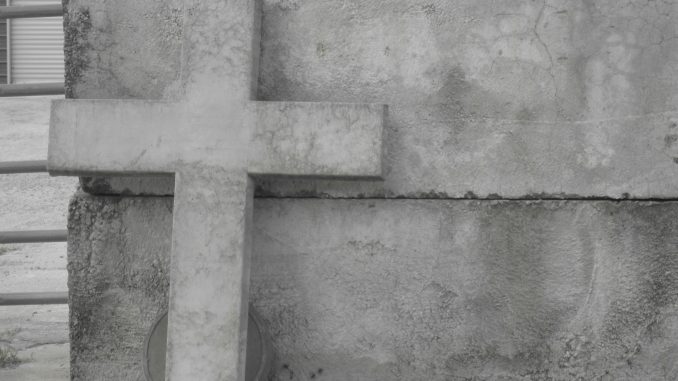
Evidence of things hoped for
After His resurrection, Jesus continued to prepare His disciples for ministry – “Now Thomas, called the Twin, one of the twelve, was not with them when Jesus came. The other disciples therefore said to him, ‘We have seen the Lord.’ So he said to them, ‘Unless I see in His hands the print of the nails, and put my finger into the print of the nails, and put my hand into His side, I will not believe.’ And after eight days His disciples were again inside, and Thomas was with them. Jesus came, the doors being shut, and stood in the midst, and said, ‘Peace to you!’ Then He said to Thomas, ‘Reach your finger here, and look at My hands; and reach your hand here, and put it into My side. Do not be unbelieving, but believing.’ And Thomas answered and said to Him, ‘My Lord and my God!’ Jesus said to him, ‘Thomas, because you have seen Me, you have believed. Blessed are those who have not seen and yet have believed.’” (John 20: 24-29) Jesus knew what Thomas needed in order to believe, and He was willing to show Him the evidence that he needed. Jesus pointed out to Thomas that because he saw Him he believed; however, blessed would be those who would not see Jesus but who would believe.
It teaches in Hebrews that faith is the substance of things hoped for, the evidence of things not seen (Hebrews 11: 1). It also tells us that without faith it is impossible to please God (Hebrews 11: 6). As we consider that faith is the ‘evidence of things not seen,’ how are faith and evidence related? So often when we think about faith, we do not think about evidence. It almost seems like they are exclusive. Throughout the 11th chapter of Hebrews (the ‘hall of faith’), we are given examples of faith or of evidence of things not seen: Noah prepared an ark; Abraham left his homeland and went out, not knowing where he was going; Moses was hidden by his parents; Moses left Egypt; Rahab received the spies; etc. What these former believers did was evidence of God’s directing hand in their lives. Hebrews chapter 11 also gives more evidence of what these believers did: they subdued kingdoms; worked righteousness; obtained promises; stopped the mouths of lions; quenched the violence of fire; escaped the edge of the sword; out of weakness were made strong; became valiant in battle; turned to flight the armies of the aliens; received their dead raised to life again; were tortured, mocked, scourged, imprisoned, stoned, sawn in two, and slain with the sword; wandered about in sheepskins; were destitute, afflicted, and tormented (Hebrews 11: 32-40).
Our faith does not always result in physical triumph over the challenges of life. Exercising faith in God may instead result in different kinds of persecution, and afflictions. So far away from the fluffy and false teachings of the prosperity gospel, like Joel Osteen preaches, are these words of Jesus – “’If the world hates you, you know that it hated Me before it hated you. If you were of the world, the world would love its own. Yet because you are not of the world, but I chose you out of the world, therefore the world hates you. Remember the word that I said to you, ‘A servant is not greater than his master,’ If they persecuted Me, they will also persecute you. If they kept My word, they will keep yours also. But all these things they will do to you for My name’s sake, because they do not know Him who sent Me.” (John 15: 18-21)
Thomas wanted to see and touch evidence that Jesus was His resurrected Lord who had been crucified. We walk by faith, faith in what has been revealed to us about Jesus. May we not be distraught and disappointed when the evidence in our lives of God’s hand is not the rosy path or yellow brick road we may have hoped for.


